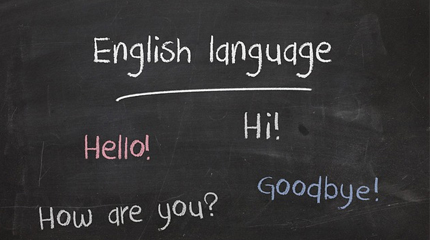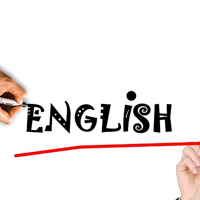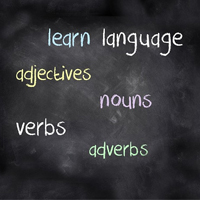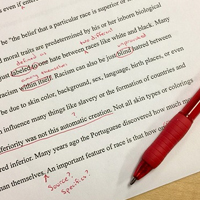Courses or workshops on professional skills, such as networking, self-promotion, and navigating the publishing industry

A study program in English, Creative Writing, and Publishing typically combines the
study of literature, creative writing, and the practical aspects of publishing.
This program aims to develop students' skills in critical analysis, creative expression, and the production of written work.
Below is a detailed description of a typical program, acknowledging that specific details may vary across institutions:
English Literature:
Provides an overview of literary genres, periods, and critical approaches.
Composition and Rhetoric:
Focuses on developing writing skills, including argumentation, research, and critical analysis. Introduces basic concepts and techniques in creative writing, including fiction, poetry, and creative nonfiction.
Covers major works and movements in British and American literature from different historical periods. Explores literature from various cultures and regions, fostering a global perspective. Allows students to develop and workshop their own short stories or novel excerpts. Focuses on the craft of writing poetry, with opportunities for peer feedback and revision. Explores writing personal essays, memoirs, and other forms of creative nonfiction.
Provides an overview of the publishing industry, including editorial, marketing, and production aspects. Teaches the skills needed for editing and refining written work for publication. Explores the impact of digital technologies on publishing, including e-books and online platforms.
Focuses on writing for specific audiences in professional contexts, such as business or academia. Explores the principles of effective communication in various media, including journalism and public relations.
Offer opportunities for students to explore specific genres or forms, such as playwriting, screenwriting, or writing for children. Allows students to deepen their understanding of literary theory and critical analysis.




A culminating project where students showcase their best work, whether it's a research-based thesis or a collection of creative writing pieces.
Many programs offer opportunities for internships or practicums in publishing houses, literary agencies, or other relevant organizations.
Courses or workshops on professional skills, such as networking, self-promotion, and navigating the publishing industry.
Emphasizes the use of digital tools and platforms relevant to writing and publishing, such as blogging platforms, online submission systems, and social media.



